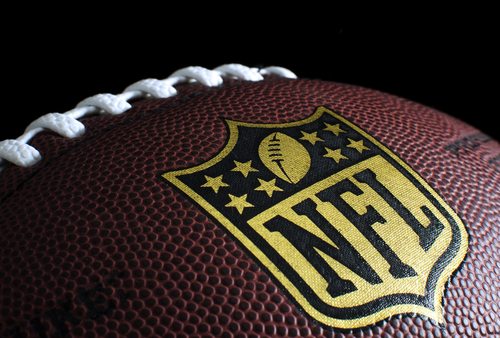
September 3, 2014; New York Times
As our readers know by now, the NFL is a nonprofit organization under section 501(c)(6) of the revenue codes. This is the classification set aside for trade associations—groups that are in business to promote and create a positive business environment for their particular trade. And there are a lot of them. As is also obvious, the NFL makes lots of money, with revenues of more than $9 billion and the commissioner, Roger Goodell, hoping for that to increase to $25 billion. The NFL supports only 32 teams, not professional football as a profession, and controls TV rights, merchandising, and more. So, is it really a nonprofit organization?
Sign up for our free newsletters
Subscribe to NPQ's newsletters to have our top stories delivered directly to your inbox.
By signing up, you agree to our privacy policy and terms of use, and to receive messages from NPQ and our partners.
This isn’t new ground for NPQ, but as the new football season begins, the rather interesting Room for Debate section of the New York Times was turned over to the topic. In “Room for Debate,” five people who have some knowledge and expertise in a field are asked to comment on a topic. The question posed in this edition is, “Should pro sports leagues enjoy nonprofit status, or are taxpayers paying too many of their bills?” Here is what the five experts said:
- Ryan Alexander of Taxpayers for Common Sense—by their own definition, “an independent voice for taxpayers working to increase transparency and expose and eliminate wasteful and corrupt subsidies, earmarks, and corporate welfare”—says the NFL and other pro sports leagues should not be tax exempt. Her argument is that since the NFL does not pay taxes on its revenue (membership dues from the 32 professional football teams), the amount that taxpayers will have to replace is estimated at $109 million over the next ten years. She says that taxpayers should not subsidize a professional league that rakes in this much money.
- Andrew Zimbalist, a Professor of Economics at Smith College and enough of a sports fan to have recently co-authored a book on sabermetrics in baseball, argues that the tax-exempt status of sports leagues is really irrelevant and that stripping the NFL isn’t worth the effort. Major League Baseball opted out of 501(c)(6) status in 2007, more to do with not wanting to file the required IRS Form 990 than anything else. The only part of NFL revenues that is tax exempt is the membership dues paid to the NFL, not the money earned by the individual teams, which is taxed.
- Judith Grant Long is an assistant professor in sports management at the University of Michigan. Her argument, like Mr. Zimbalist’s, is that taxing the sports leagues would bring little or no revenue to the government. Most of the leagues involved are at break-even or are even losing money. The amount that could be gained from the NFL, for example, is probably close to $110 million over the first ten years. Ms. Grant suggests that if the country would like to stop giving sports a break, we should look closely at how many tax breaks and other incentives are given to the development of new arenas where the sports teams play. It could be a loss of billions of dollars. This private-public partnership on arenas is also the subject of her recently published book.
- Patrick Hruby is a journalist based in Washington, D.C. He is against the tax-exempt status for many of the same reasons as Ms. Alexander. However, he adds that the status does not fit for sports leagues like the NFL, as it is meant to apply to organizations doing work that would not normally be done on a for-profit basis. Clearly the NFL does do it on a for-profit basis, as the revenue for the sport is more than the GDP of many nations. Unfortunately, Mr. Hruby makes an analogy that compares the NFL’s status to that of the Alzheimer’s Association, which turns out not only to be tasteless but to thereby miss the difference between a (c)(6) and a (c)(3) and the issue of donations that are deductible to the donor.
- Richard Steinberg is a professor of economics, philanthropy and other subjects at Indiana University-Purdue University Indianapolis. He avers that the NFL and other similar leagues actually do qualify for their tax-exempt status, as they are in business to promote the profession and, by having tax-exempt status, are immune from many for-profit pressures. As an example, he says, the NFL cannot accept special payments from a New York team in return for special favors. Instead, he suggests, we should promote the idea that the teams should become nonprofits the way that Green Bay Packers are. In that franchise, the community owns the team and all profits are rolled back into the team itself or into paying for the stadium renovations. The team is therefore beholden to the fans to put forth a good effort, not to an individual or a family to turn a profit.
As always, the writers in the Room for Debate are tooting whatever horns they happen to normally toot. Very little new ground is broken. To this writer’s point of view, Mr. Steinberg’s idea is very interesting: Make the teams beholden to the fans, which both encourages solid scores and helps to keep the team in the community rather than jumping cities for a more lucrative deal. (Think of the Cleveland Browns, leaving in the middle of the night for Baltimore, or the Colts similarly decamping for Indianapolis a decade earlier.) NPQ would be interested to hear your reactions to the ideas these five writers offer.—Rob Meiksins












